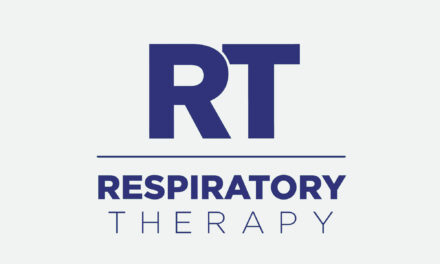The University of Pennsylvania has received a $12 million five-year grant from the National Institutes of Health (NIH) to study how a smokers’ genetic make-up influences their quitting success.
“In an extension of our previous work in the Pharmacogenetics of Nicotine Addiction Treatment (PNAT) research program, we will conduct the first large prospective pharmacogenetic clinical trial of different smoking cessation medications,” said Caryn Lerman, PhD, leader of the study and professor of psychiatry at Penn’s School of Medicine and scientific director of the Abramson Cancer Center. “Smoking is the greatest preventable cause of morbidity and mortality. It is imperative to find better ways to optimize the delivery of specific treatments to increase the success rates of smokers who wish to quit.”
Earlier research by the PNAT research program identified a genetically-informed biomarker that reflects individual differences in the rate of nicotine metabolism—how quickly nicotine breaks down in the body. This biomarker, referred to as the nicotine metabolite ratio (NMR), reflects genetic variation in the CYP2A6 gene, as well as environmental influences on nicotine metabolism.
Previous research has shown that the NMR can be used to predict the success of different smoking treatments for individual smokers. The new clinical trial will take the next step in efforts to translate the use of this biomarker to clinical practice.
The study will assess the NMR of 1350 adult smokers to determine whether they metabolize nicotine slowly or quickly. They will then be sorted into two groups—slow metabolizers and normal metabolizers—and randomized to treatment with a placebo, a nicotine patch, or Pfizer’s Chantix (varenicline). Each participant will also provide DNA which will be used to identify additional gene variants that may also contribute to nicotine addiction treatment response. The prospective, double-blind placebo-controlled trial will be completed within the next four years.
Source: University of Pennsylvania School of Medicine









